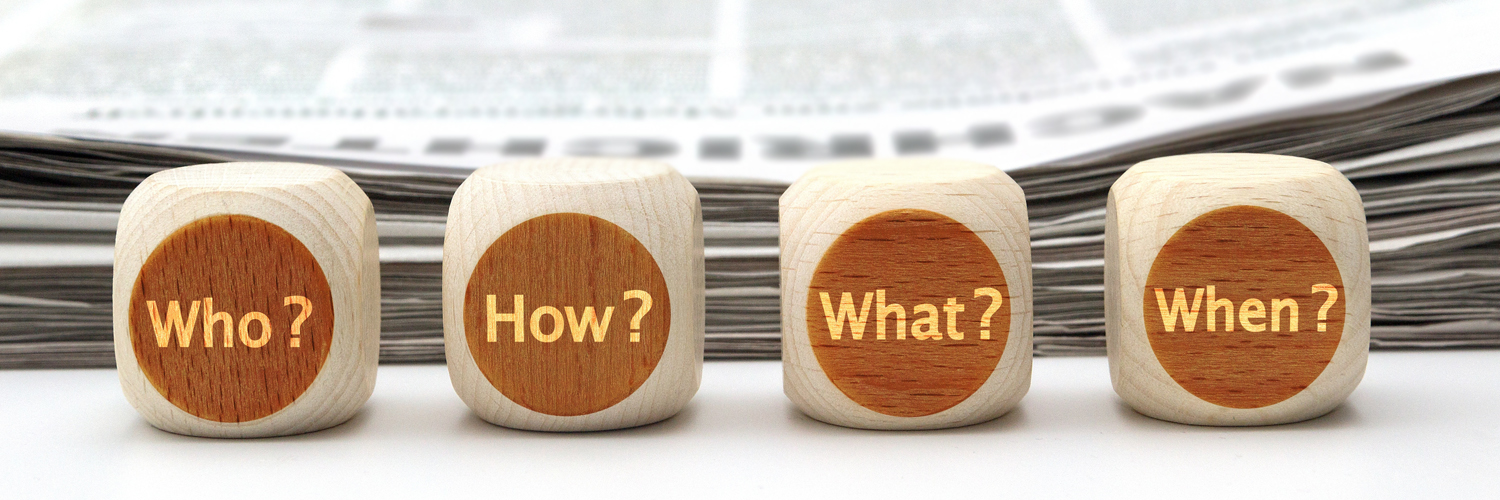
FAQs
Counseling can help you identify and strengthen your positive qualities, provide support during a transition, help you understand and break negative patterns, help you gain perspective on a situation, solve a problem or heal from emotional wounds or upsetting experiences. Counseling can also help you understand yourself better and become more conscious of how your history, perceptions, feelings, attitudes and behavior patterns influence how you relate to others and move through the world. Counseling can help you grow.
Do I really need counseling if I can usually handle my problems?
A good indicator that you might want counseling is when you’re having difficulties at work, when you are having a hard time concentrating, if you feel unhappy more days than not, if you cannot sleep, have a hard time figuring out what is important in your life, or just cannot manage the stress anymore. If you are currently questioning if you should go into counseling, that is probably the best indicator that you should. Trust your instincts.
What happens in a therapy session?
The first appointment will last approximately one hour and it will consist of completing intake paperwork and a review of confidentiality, informed consent, patient’s rights and fee/payment information. A formal assessment will then be completed and it includes gathering information such as background information, identification of problem areas, family history, and treatment planning. Therapy sessions start at the second session and it will be determined after the first appointment how often the therapy sessions will be scheduled.
Does couples counseling really work?
Couples counseling is useful for couples who experience relationship problems such as repetitive arguments, feeling distance or emptiness in the relationship, feel angry, resentful, and unhappy or have lack of interest in physical affection.
According to the American Association of Marriage and Family Therapy, research indicates that couples and family counseling is helpful for relationships. Greater than 75% of couples were better off than those in the same situation that did not receive counseling. The couples that went to counseling reported a “significant” improvement in relationship satisfaction.
That said, you can make couples counseling more effective if you make a commitment to counseling, acknowledge that a problem exists, be open to the process and the idea that change takes some time.
How long does counseling usually take?
The answer to this question is that it depends on your specific situation. Some people start feeling better right away after just a few sessions, for others it takes longer. The number of sessions depends on your goals, your history, the type of problem, the quality of the client-counselor relationship, and your ability to engage in the process during session and out of the session. The goal is to facilitate the process of meeting your counseling goals. Some clients schedule appointments weekly and some, if they are really distressed, come in two times a week. Some clients come in every other week. So it depends on how often you choose to attend. A conscientious attempt is made about clients not becoming dependent on the counseling relationship, so therapy is not prolonged when you have met your goals.
